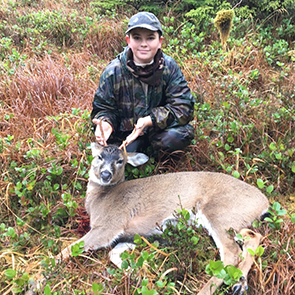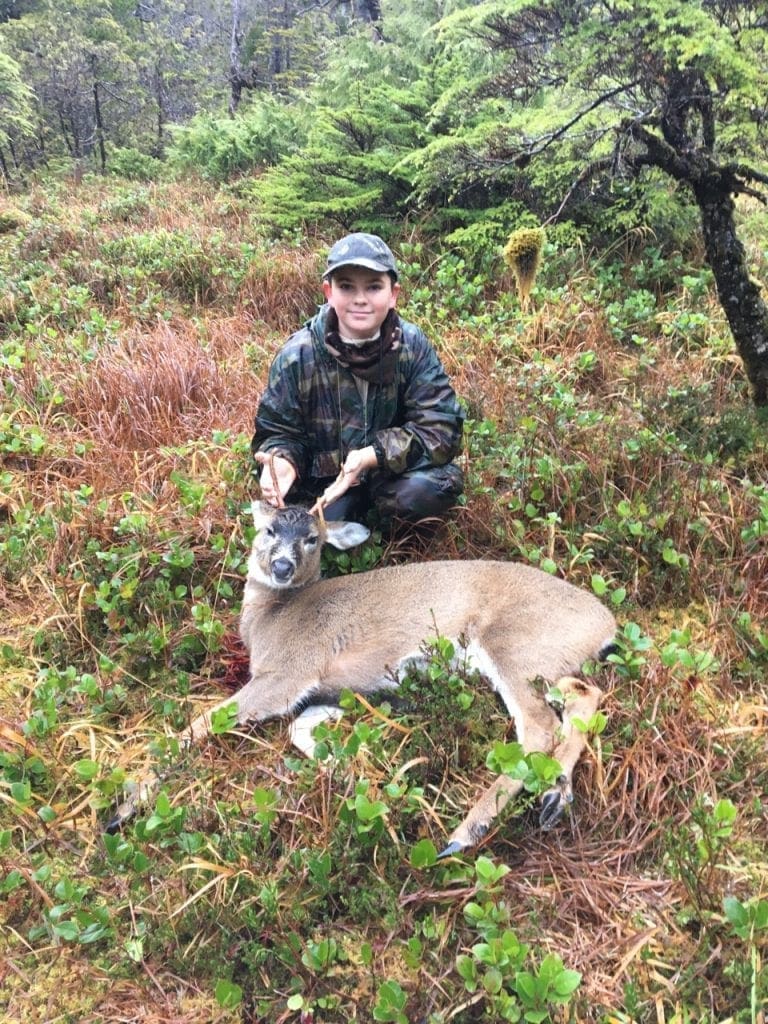I’m sitting on a small veranda at the hotel in Gbarnga at about 7 am on this Saturday drinking West Africa’s ubiquitous coffee – little packets of instant Nescafe. I normally take coffee black, but the instant seems better with powdered milk. The hotel is located in a neighborhood instead of in the town. The neighbors are waking up as the roosters crow. One ma in a neon green headscarf is raking her yard, while a son sweeps the steps. A daughter looks stunning in her pink and blue dress as she feeds the chickens. On the house next door a teenager has been on his phone the whole time I’ve been here. At the other neighbor, all hands seem to be cooking except for a child washing dishes in plastic dishpans.
The community well is nearby, with a constant stream of customers coming for water in plastic buckets. I’ve noticed nearly all children here I’ve seen so far in the country have footwear now. They also appear healthy, without all the big bellies of 30 years ago. Clean water seems to have become a standard here, which of course it should. As I noticed in my Sierra Leone trip in 2013 – even most of the dogs look healthy now. Everyone I see is in good shape with sharp muscle tone. Like I was when I lived here. One thing that tempts me back for a long stint is the thought of getting back in shape. In Africa shape. Physical exercise everyday either from work or walking to where you’re going. Eating organic food everyday. Not being in a hurry. Ever.
I went for breakfast. There are eggs and toast, etc on the menu for the expats that obviously stay here. I saw fish sauce over root crops – a West Africa favorite dish. “No, we don’t have that” said the waitress. I asked if I could get rice. She looked surprised but said yes. What do you have I asked? Fish sauce, goat sauce, jollof rice. I said fish sauce. She left to put in the order and returned saying, sorry. No fish. Only goat. After the GB and goat from the day before, I nixed the goat. I said jollof rice – then asked – do you have cassava leaf? Again, she looked surprised, and said yes. With palm oil she asked? Yes, I said. She said do you want fish or chicken? Fish I said. She left with the order and returned saying they only had chicken. I replied – just bring me cassava with peppae. Oh West Africa. When it finally arrived, it was fabulous. Of course, I had to show off by asking for more peppae, indicating I wanted more pepper heat in my meal like any local would.
Patrick came in and said we were off to see a harvest. This came out of the blue, and it’s important to be flexible and on the fly here. Let’s go! I said. We traveled a few blocks to the site that was in a swamp. We were right on time, as most of the water had drained. Tilapia were finning in the water or on their side flapping through the mud to find water. I first met Estelle, who was part of the fish farmer association I had come to work with. She introduced me to Henrietta, who owned the pond. They are the first two women fish farmers I’ve ever met. Henrietta introduced me to Mohammed, who was also a member. He is their “fish technician” and records production for the Bong County Aquaculture Association. It’s a volunteer board position of sorts. One of the men in the pond helping with the harvest I would later meet as James. I found out later he just had a big harvest that produced 1lb tilapia and 3 other species. Henrietta’s pond is adjacent to a pig stall, so she has ample supply of pig manure, which she uses to fertilize the fish ponds. It’s the main source of food it seems for her pond.
Part of the excitement was seeing one of the workers harvesting the pond catch by hand a big water snake that appeared to be living in a hole in the dike. That would be someone’s meal today, too. After the harvest, we went to the Sumo’s house. Henrietta’s husband, John, was a retired educator who was just now getting into agriculture. He said his wife was doing the pigs and fish and she was the one with the know-how and he was trying to support her and help as he learned. Henrietta made rice with fresh tilapia in palm oil and pepper for us. I love this place. James, Odebih and Mohammed joined us, and this was when I was in for a real eye opener.
These people here knew what they were doing, where they wanted to go, and saw a future bright in raising fish in their ponds. The talk was about maximizing the potential of their operations. Even more stunning was their discussion of the money wasted by NGO’s giving people pond projects only to have the people neglect them when the NGO left because no one was now paying them to do the work that they themselves would profit from. Wow. I soon saw I was out of my league with regard to my limited work in tilapia farming 30 years ago. Time for me to catch up on the technical aspects of farming with them, and then work on the marketing that I did know with them. I got more excited as the day went on. This is going to be a great week.
I was also informed I was doing a workshop for a week! I thought it was for a day with 5 different groups. Now the pressure was on to figure out what I’m going to talk about for a week, but the longer I spoke with them, the more I knew we’d run out of time and still have more to talk about. They said a Leprosy Hospital was having a harvest this week and they were going to help. PERFECT. I’m hoping we can put a marketing plan together the first few days, and then put it into effect and go over and sell fish for the harvest day. What could be a better learning experience for all of us? After coming home yesterday somewhat depressed that fish farming hadn’t gone anywhere in the 30 years since I left, I realized how wrong I was and how glad I am to be here.


